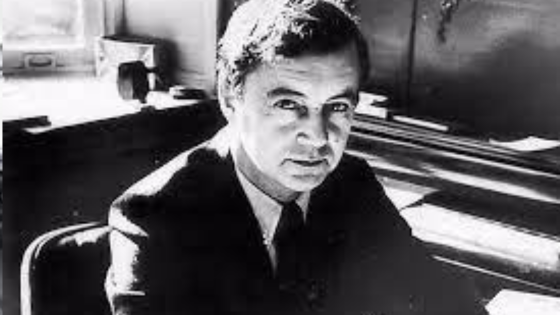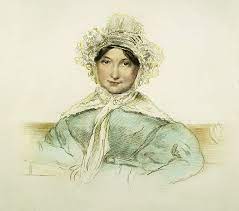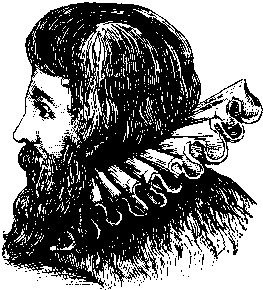
Ronald David Laing (1927-89): Biography and famous works
Ronald David Laing (1927–1989) was a British psychiatrist and a leading figure in the anti-psychiatry movement of the 1960s and 70s. He was born in Glasgow. Laing studied medicine at the University of Glasgow and served as a psychiatrist in the Royal Army Medical Corps, despite struggling with poor health. Following his military service, he briefly worked at a Glasgow hospital before moving to London for psychoanalytic training at the Tavistock Clinic, where he worked alongside W.D. Winnicott.
In 1965, Laing co-founded the Philadelphia Association and initiated a pioneering community psychiatry project at Kingsley Hall. The goal was to reframe schizophrenia not as a biological illness, but as a meaningful and potentially transformative existential crisis. Patients and psychiatrists lived communally, rejecting conventional psychiatric treatments like medication and electroshock in favor of dialogue and shared human experience. This radical approach was documented, with both reverence and critique, in Mary Barnes: Two Accounts of a Journey Through Madness (1971), co-authored by patient Mary Barnes and psychiatrist Joseph Berke.
Laing’s key theoretical works include The Divided Self (1960), Self and Others (1961), and Sanity, Madness and the Family (1964). These books challenged the medical model of mental illness and focus on the social and relational dimensions of mental distress. His most widely read work, The Politics of Experience and The Bird of Paradise (1967), argued that modern Western society alienates individuals from authentic experiences, drawing on thinkers like Marx, Nietzsche, Freud, Heidegger, and Sartre. The book became a countercultural classic and resonated with the political uprisings and student movements of 1968.
Although influential, Laing’s work has been criticized for its romanticization of psychosis and the lack of sustainable clinical models within the anti-psychiatry framework. By the late 1970s, even Laing had distanced himself from some of his earlier positions. He later engaged with Eastern philosophies, existential psychotherapy, and body-oriented therapies such as Rolfing. Laing also wrote poetry, and his poetry publications include Knots (1970) and Sonnets (1979).
Recent scholarship has revisited Laing’s work not only to critique it but also to explore its relevance in current debates about psychiatric over-medicalization, trauma-informed care, and the ethics of diagnosis. Writers like Allan Beveridge, Daniel Burston, and Adrian Chapman have reassessed Laing’s legacy, arguing that while some of his clinical experiments failed, his emphasis on subjective experience, interpersonal dynamics, and the political dimensions of mental health remains pertinent today. Laing died in 1989, but his challenge to psychiatric orthodoxy continues to influence thinkers in psychology, philosophy, and the arts.





